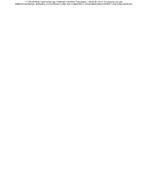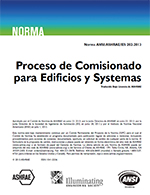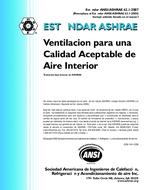Description
Department of Defense manual DOD 4270.l-M, “Construction Criteria Manual,” Chapter 8, provides design criteria for air conditioning in Department of Defense installations. The indoor design criteria cited in the manual and the external temperature and moisture content are used to calculate the heat gain in accordance with ASHRAE HANDBOOK OF FUNDAMENTALS 1 and the Carrier cbrEbration System Design Manual. As stated in DOD 4270.l-M:
the air-conditioning inside design temperature for personnel comfort shall be 15 F less than the 2 percent outside dry bulb (DB) weather condition (as gigen in Air Force Manugl 88-8, Chapter 6), but will not exceed 78 F or be less than 75 F DB. The design relative humidity will be 50 percent minimum or equal the outside air dewpoint, whichever is less. In computing the size of the cooling load to be encountered for noncritical systems, the 2% DB and the 5% independent wet-bulb (IWB) temperatures are used. 2 The 5% IWB is used as an estimate of the moisture in the air associated with the 2% DB rather than the 2% IWB because the hottest temperatures are associated with lower humidities; hence, the WB temperature would tend to be lower.
In order to quantify the moisture content of the air more precisely, the mean coincident wet-bulb (MCWB)3 temperature should be used in computing cooling loads to size air-conditioning systems. 4 Other factors influence the magnitude of the cooling load. Internal heat sources such as the equipment and the people occupying the facility often cause heat buildups in larger buildings. The type of materials used and the manner in which a building was constructed are important factors in determining the rate of heat transfer (by conduction and radiation) through the walls and roof of a structure. Wind speed and orientation of buildings will determine the amount of heat transferred away from the building by convection. In this paper, the only refinement of the cooling load computation to be studied is the outside weather data.
Product Details
- Published:
- 1976
- Number of Pages:
- 9
- File Size:
- 1 file , 510 KB
- Product Code(s):
- D-SE-76-02-3
- Note:
- This product is unavailable in Russia, Belarus




